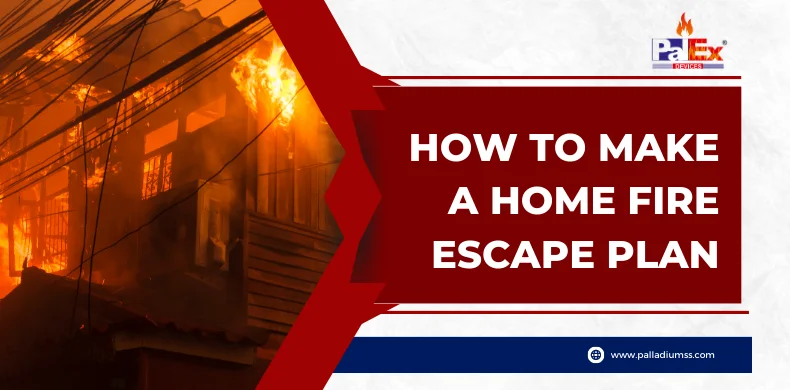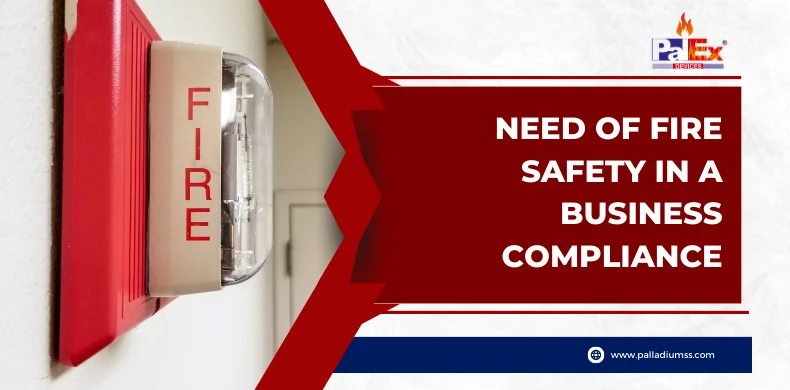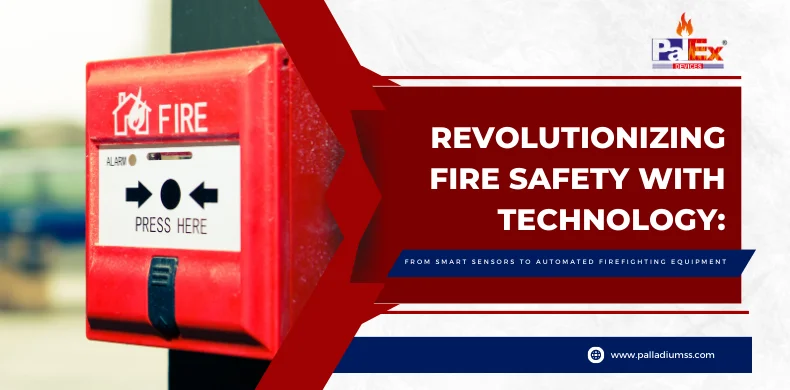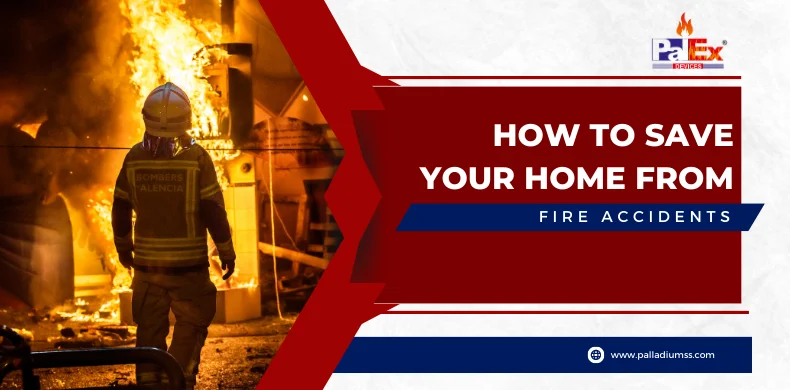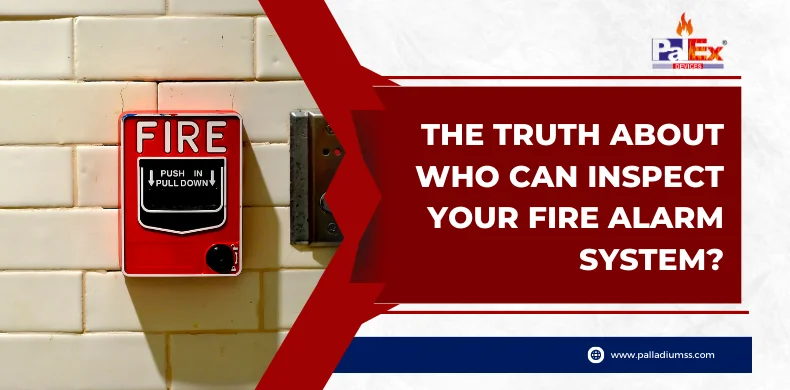A fire evacuation plan can give you peace of mind knowing that you have a plan in place in an emergency. Many resources are available to help you create a fire emergency evacuation plan. Once you have created your fire escape plan, practice it with your family, so everyone knows what to do during a fire.
Here are some tips by Palladium Safety Solutions you can implement and execute during an execution plan.
Some Tips on How to Make and Execute a Home Fire Escape Plan
Fires are one of the most common and deadly disasters that can strike a home. While modern homes are built with many safety features to help prevent fires from starting and contain them, if they do, there is still a risk.
Tip 1: Draw a Floor Plan For Your Home
Easy Fire Safety Drawing will help you know your home’s layout and where all the exits are located. It is also a good idea to mark where windows and doors are located.
Tip 2: Choose Two Escape Routes From Each Room
You should have at least two ways to escape from each room in your home. You will have a backup if one route is blocked by fire or smoke.
Tip 3: Choose a Meeting Place Outside
Once you have escaped the home, meeting at a designated spot outside is essential. This will help you account for everyone and ensure everyone is safe.
Tip 4: Practice Your Plan With All Members of Your Household
This is especially important for young children. Everyone should know what to do and where to go in the event of a fire. Practice makes perfect. Everyone knows now what to do when an emergency strikes. A hire fire exit plan is essential to keeping you and your family safe in the event of a fire. By following these tips, you can ensure that you are prepared for anything.
Tip 5: Keep A Copy Of Your Plan In A Convenient Location
Make sure everyone in your household knows where the plan is kept. In an emergency, time is of the essence, and you don’t want to waste any time looking for a plan.
Tip 6: Review And Update Your Plan Regularly
Your home fire escape plan should not be a static document. As your family and your home change, so should your plan. Reviewing and updating your plan regularly will ensure that it is always up-to-date and reflects the current layout of your home. A home fire evacuation plan is critical to keeping your family safe in the event of a fire.
Tip 7: Make Sure Everyone should Know About Emergency Number
This is a lifesaver for you and your family; if anyone in your home sees the fire first, they immediately contact the emergency number to send help as soon as possible to decrease the loss of your belongings.
Tip 8: Everyone Should Have An Idea of Fire Fighting Equipments Maintained
There is one thing you keep in mind that keeps fire fighting equipment like hose reel drums, hose box, sprinklers, and hydrant valve maintained adequately. one more thing, always keep in mind that everyone should know how to use that equipment.
Points To Remember to Make a Home Fire Emergency Evacuation Plan
There are several things to remember while making a fire emergency evacuation plan. All these points must be kept in mind, and the list is as follows:- Install smoke detectors and sprinklers on every level of your home and in every bedroom.
- Test your smoke detectors monthly and replace the batteries at least once a year.
- Keep a fire extinguisher in an easily accessible location.
- Never leave burning candles unattended.
- Never leave the kitchen while cooking.
- Don’t overload electrical outlets.
- Store flammable liquids in a cool, dry place.
All In All
Also read :Apartment Fireplace Safety Tips
Making and regularly practising a home fire escape plan is one of the best things you can do to protect your family in the event of a fire. By following the tips above, you can ensure that you are prepared for anything.

